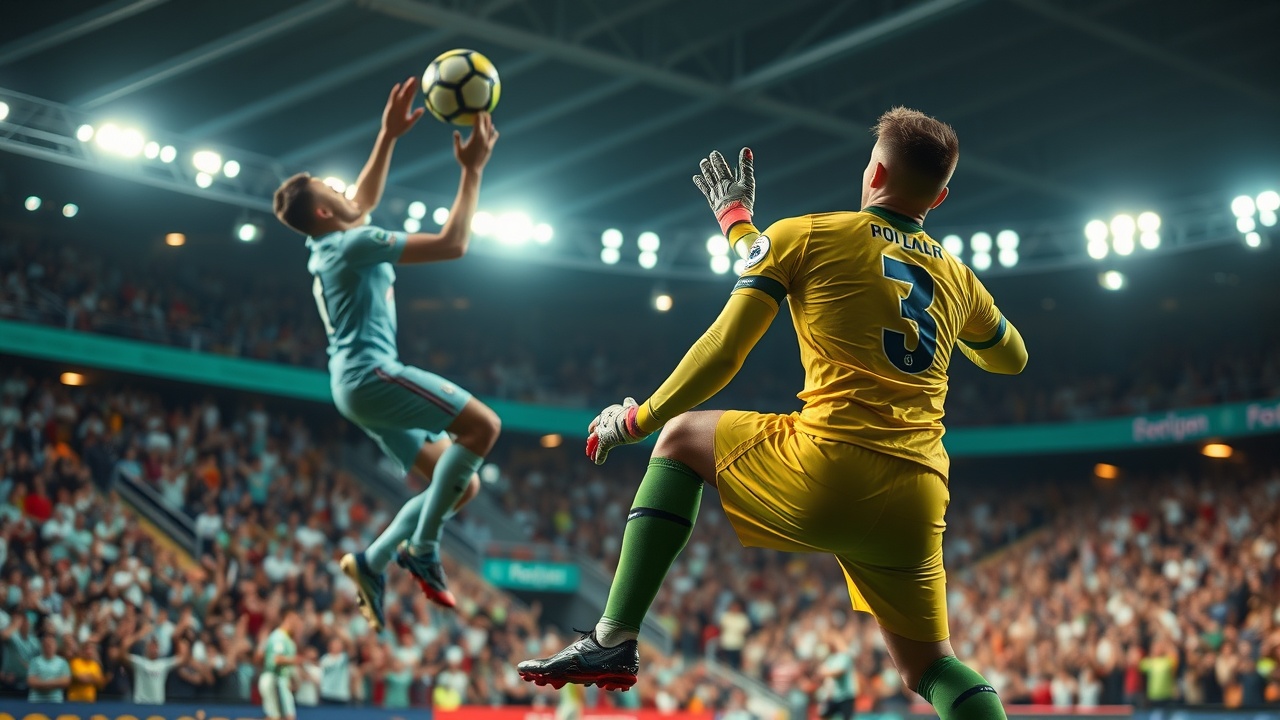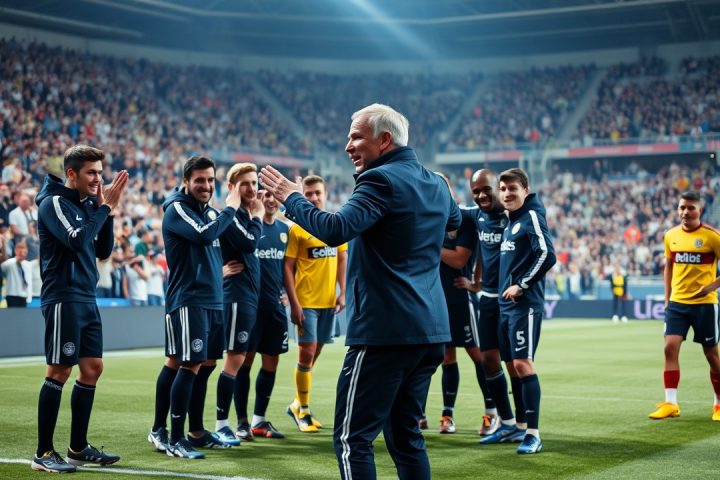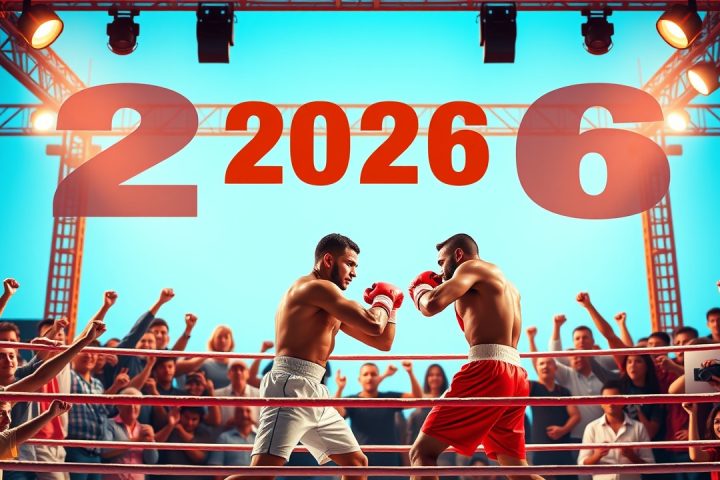The Premier League 2025-26 Season Overview
The Premier League’s 2025-26 season begins this Friday with defending champions Liverpool facing off against AFC Bournemouth. As the football world gears up for another exciting year, several significant rule alterations and initiatives will be introduced to enhance the game.
Key Rule Changes
One of the most highly anticipated changes addresses the growing concerns over players holding their opponents in the penalty area, a common sight during the second half of the previous season. This season, referees will be specifically instructed to penalize this kind of obstruction more rigorously. Historically, similar initiatives have often faded, as referees sometimes employ a more lenient approach after initial weeks of stricter enforcement. However, there is widespread acknowledgment that overly aggressive holding tactics have persisted, necessitating a clearer stance.
The enforcement of this rule will involve identifying contact that disrupts an opponent’s movement, going beyond mere shirt-holding, which is not inherently a foul.
Referees will focus on sustained grip and its impact on a player’s ability to contest for the ball, as well as penalizing clear non-football actions when players show no intent to play the ball themselves. Interestingly, if both players are holding each other, typically no foul will be called.
In addition, there will be a concerted effort to curb simulation, with players more likely to receive yellow cards for exaggerated falls, particularly those feigning injury after minor contact.
Player Safety and Time Management
Another notable rule update concerns player injuries. In a bid to minimize time-wasting and prioritize player safety, referees will automatically summon medical personnel when there’s a head injury, sidestepping questioning players about their desire for treatment. Players will be required to temporarily leave the field, allowing for a minimum of 30 seconds’ recovery.
Time-wasting by goalkeepers has also come under scrutiny. The previously rarely enforced six-second rule for goalkeepers to release the ball has been amended to provide them with eight seconds, but with a more structured penalty for non-compliance. This means that if the goalkeeper delays releasing the ball, the referee will signal a countdown, and if the ball remains unplayed after those eight seconds, a corner kick will be awarded to the opposing team.
The protocols will also stop the clock in instances where an opponent interferes with the keeper, allowing for fair play without undue penalty. This particular rule was tested extensively across various leagues, showing promising results with very few corner kicks awarded throughout the trials.
Technological Advancements
The Football Association has adopted this approach following positive feedback from events like the Club World Cup, where the overall flow of match play improved. Moreover, the Premier League is continuing to refine its use of Video Assistant Referee (VAR) technology with ongoing implementations of semi-automated offside technology (SAOT) to enhance decision-making efficiency, even as the threshold for VAR interventions remains high to protect the natural momentum and spirit of the game.
As part of these advancements, goal-line technology will now be complemented by referee-worn cameras, called RefCam, which will provide a unique perspective of the game, aiming to enhance transparency, especially in complex situations. This footage will not be broadcast live during matches but will serve as an educational tool for viewers and future referees.
Referee Guidelines and Game Management
The changes don’t stop there, as detailed adjustments have also been made regarding how referees will handle incidents involving players or coaches interfering with the game. There is now more clarity on how to deal with coaches who attempt to disrupt play, introducing a simpler guideline that seeks to differentiate between trivial actions aimed at expediting play and more serious misconduct, which will continue to draw significant penalties.
Conclusion
As the Premier League embarks on this new season, fans can expect the introduction of these changes to deliver a more engaging and fairer viewing experience, as clubs and players adapt to the evolving landscape of football regulation and officiating. In addition to these critical regulations, there will be extensive coverage of new team kits in a ranking to showcase the latest styles across the league.
Get ready for a thrilling season ahead—a campaign not just about competition on the pitch, but also about the evolving standards and rules that will shape how the beautiful game is played.




